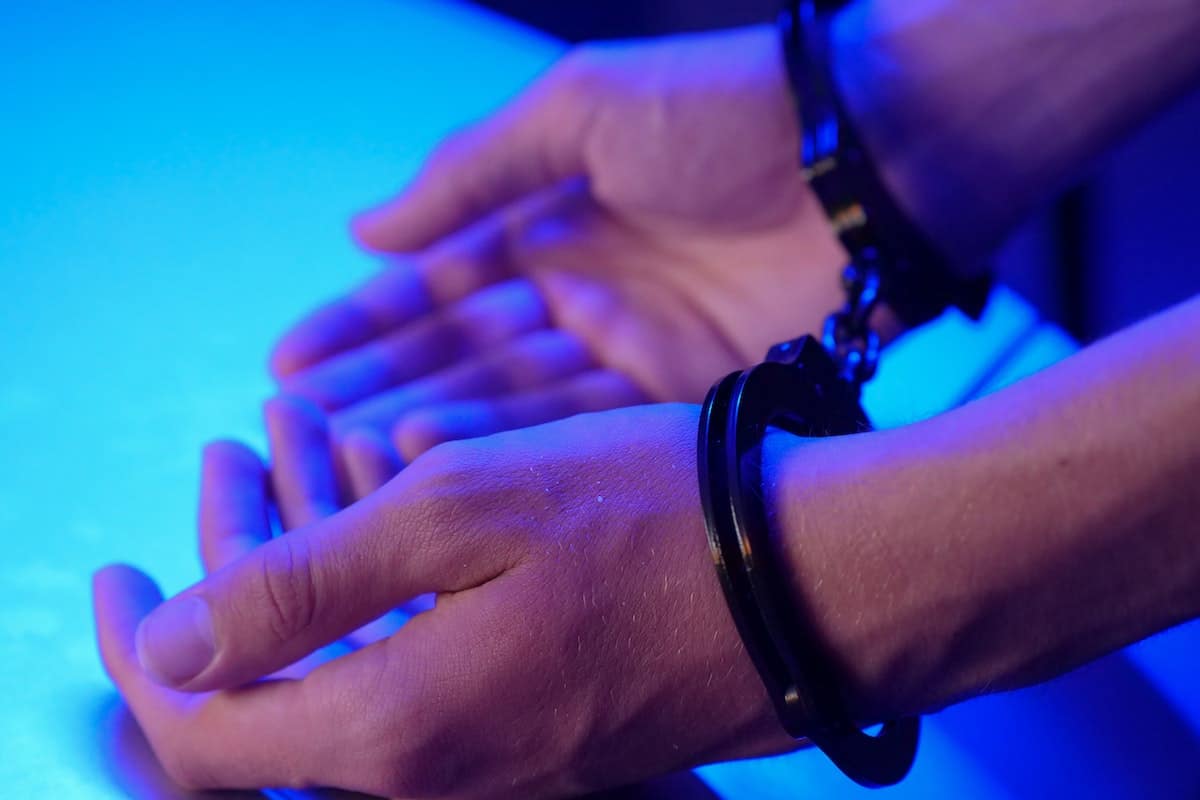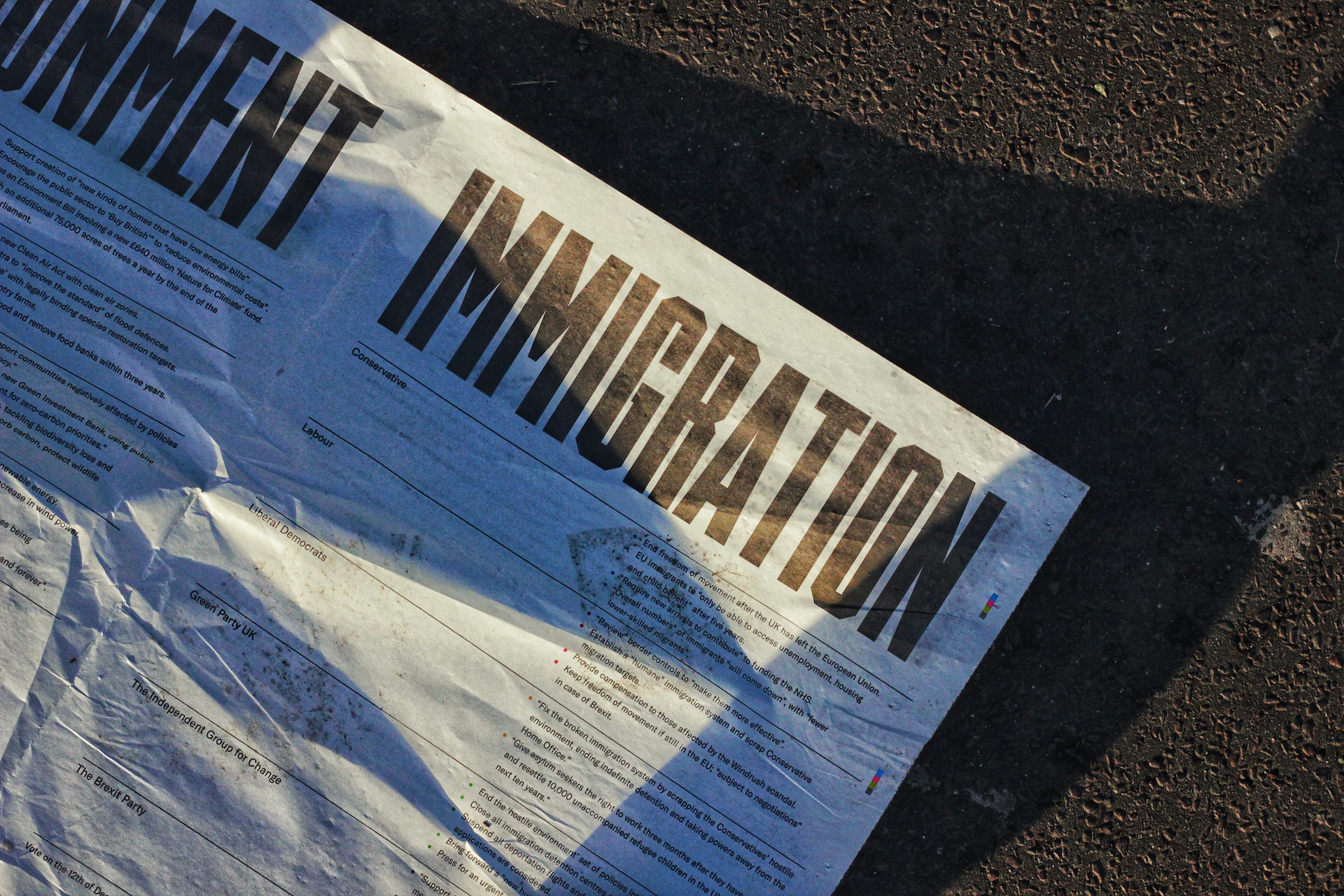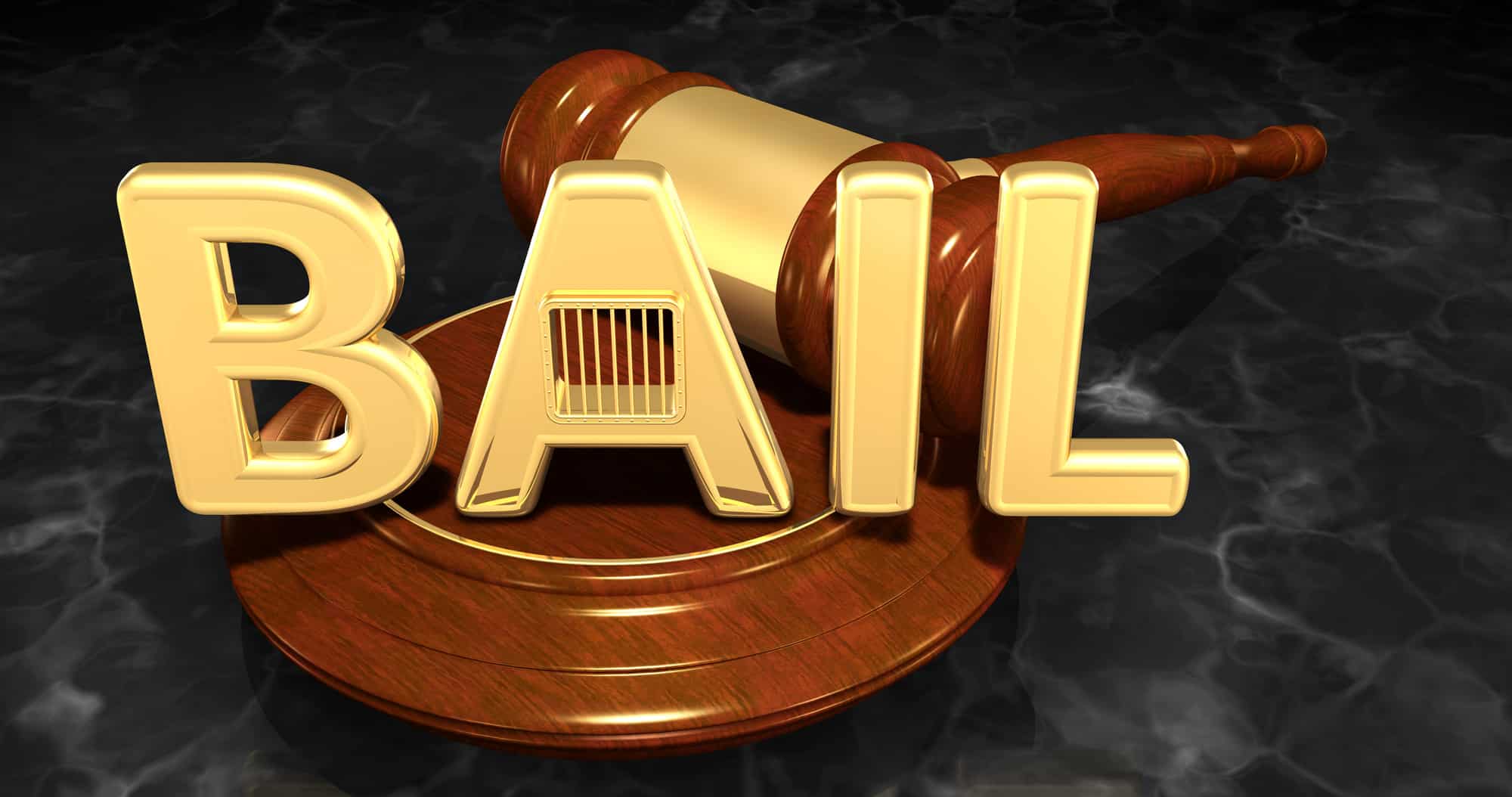Did you know that there are over 1 million people currently incarcerated in the United States? While not every person who goes to jail has the opportunity to post bail, the majority can do so. However, it’s crucial to choose the right bail bond company before moving forward.
We’ve put together a brief guide that outlines everything you need to know in order to make the best decision. Let’s take a closer look at how you can simplify choosing a bail bond company for your immigration bond situation.
Understand the Bail Terms and Conditions
As you might assume, each company will have different policies and procedures in place.
Be sure to read through the terms of service to determine if there are any hidden fees or added costs you may not be aware of. It’s also important to understand how long it will take for your bond to be posted and what steps need to be taken before the bail agent can secure the release of the accused.
Do Your Research
It’s important to do some due diligence before picking a bail bond company. Don’t be afraid to ask for references, check with local authorities, and research online in order to get a better understanding of the different companies that you’re considering.
This can help you make an informed decision when it comes time to make your selection. Reading online reviews is a great way to get an idea of what past customers think about the services provided. When looking through past feedback, keep an eye out for any red flags that could be a sign of trouble ahead.
These include complaints about hidden fees, slow response times, or difficulty with the process.
Ask the Right Questions
Once you’ve narrowed down your choices, it’s time to schedule a consultation with each company.
During this conversation, make sure to ask any questions you may have about their services and experience in the bail bond industry. Additionally, be sure to inquire about the type of coverage that is offered and if the company is able to post bail nationwide.
Confirm whether or not they are willing to work with your budget and payment plans. Knowing all of this information beforehand will help ensure you’re making the right decision for your situation.
Know the Cost and Payment Plan Options
As you might guess, it’s essential to know exactly how much you are going to be paying for your bail bond ahead of time. In most cases, there will be a fee payable upfront that covers the bondsman’s services. Additionally, most companies will require a percentage of the total bond amount as collateral which is usually refundable after the court proceedings are concluded.
Ask about the payment plan options available so you can find something that fits within your financial means.
Find One That Is Available 24/7
This can be an important factor when it comes to posting bail. There may be times when you need to have your bond posted as soon as possible, so it’s best to find a company that is available 24/7 and can take your call at any time.
You should also inquire if they are willing to come to you if necessary in order to help expedite the process.
Are They Properly Licensed?
It’s important to verify that the bail bond company you are considering is properly licensed and in good standing with local regulations. You can also check if they have any complaints filed against them by visiting your local courthouse website. This will help ensure you are using the services of a reputable company that is knowledgeable in all aspects of the bail bond process.
How Is Their Customer Service?
The bail bond service you choose should make sure to provide you with responsive and helpful customer service. Ask around or read online reviews in order to get an idea of how the company treats its clients.
They should be available to answer any questions you have and will be willing to explain the process thoroughly so that you understand what is going on.
Compare Fees and Services
Bail bonds can be expensive, so it’s important to compare the fees and services of different companies before making a final decision.
This is also a great way to ensure you’re getting the best rate possible while still receiving quality service. In fact, many companies will offer discounts or payment plans to those who qualify. Make sure to ask about this before signing a contract so you can get the most out of your money.
What Are the Different Types of Bail?
When it comes to bail, there are four different types you should be aware of. This will help you better understand your situation so you can make the best decision for you.
Let’s take a closer look at each of them.
Cash Bond
This is the most common type of bond and requires the defendant to pay the entire amount of bail upfront. Cash bonds are typically set for minor crimes, such as theft. If the defendant cannot pay the cash bond, they must remain in jail until their trial.
Surety Bond
This is when a third-party company, such as a bail bondsman, pays the full amount of bail on behalf of the defendant. The defendant will then be responsible for repaying this company in full. This often occurs when the bond is set to a particularly large amount.
For example, is not conventional for a judge to set a cash bond that is tens of thousands of dollars in most cases.
Property Bond
This type of bond allows the defendant to use their property as collateral for bail. If they are unable to appear in court, this property may be sold in order to cover the cost of the bond. This is a less common option, but it is viable in many cases if the defendant does not have enough money to pay a cash bond.
Release on Own Recognizance
This is when the judge releases a defendant without requiring them to pay any money. The judge will usually do this if they deem the defendant not to be a flight risk. Once again, this typically occurs during minor crimes.
What Determines the Bail Amount?
The severity of the crime, the defendant’s criminal background and history, any flight risk they may present, and the jurisdiction in which they are arrested all determine the amount of bail.
The judge will take all of this into consideration when setting this number. As you might guess, more serious crimes typically have higher bail amounts. In some situations, the judge may not allow the defendant to leave jail at all until the trial.
Those who have a history of legal issues regarding immigration, for instance, may have a particularly high bond amount.
Best Practices For Working With a Bail Bond Company
In order to get the most out of your relationship with them, there are a few best practices you should follow when working with a bail bond company. Provide them with all necessary information in a timely manner and make sure that it is accurate.
This will help the process go much smoother for everyone involved. Don’t be afraid to ask any questions you may have about their services and experience in the bail bond industry.
Be courteous and professional when interacting with them as this can go a long way in maintaining a successful relationship. Finally, always keep them in the loop on any changes or updates that may come up throughout the process.
For instance, there may be changes to your immigration documentation that you need to inform your bail bondsman about.
What Common Mistakes Do People Make?
One of the most common mistakes people make when looking for a bail bond company is not researching their options beforehand. It’s important to take the time to compare different companies and what services they offer, so you can find one that best meets your needs.
Another mistake some people make is accepting whatever payment plan the company offers without negotiating. As mentioned before, many companies are willing to work with you and offer discounts or payment plans.
Never try to handle the process on your own without the help of a professional. This will substantially decrease your chances of coming out on top.
Choosing a Bail Bond Company Doesn’t Have to Be Difficult
Choosing a bail bond company that is best for you comes with plenty of benefits that you can’t neglect. Consider the above info so that you can make the decision that is best for you.
Looking for more information on what we can do? Reach out to us today to see how we can help.










